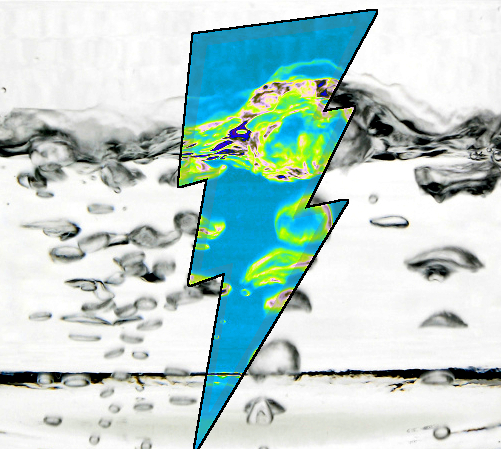Locals link for big hydrogen
 Three Indigenous groups are teaming up with investors to pioneer a $3 billion green hydrogen venture in WA.
Three Indigenous groups are teaming up with investors to pioneer a $3 billion green hydrogen venture in WA.
A planned project, known as East Kimberley Clean Energy, involves erecting over one million solar panels to power advanced electrolysers to produce an astounding 50,000 tonnes of green hydrogen each year.
If realised, this endeavour could become one of Australia's most significant clean energy undertakings, revolutionising the nation's approach to renewable power generation.
The heart of the partnership is the formation of a new company named Aboriginal Clean Energy, where each of the three traditional owner groups will possess an initial 25 per cent share alongside the climate crisis investment and advisory firm, Pollination.
The East Kimberley Clean Energy project, scheduled to start construction by late 2025 with the first hydrogen expected by late 2028, seeks to harness renewable energy from an existing hydroelectric facility near the Ord River.
This renewable power will be used to convert all the green hydrogen produced into 250,000 tonnes of green ammonia annually, serving as vital agricultural fertilisers for both domestic use and export.
Notably, this approach to producing green ammonia is a significant stride towards decarbonizing the food supply chain, which currently relies heavily on fossil fuels for ammonia production.
Under the conventional model for major projects on Indigenous land, developers typically seek permission from native title holders in exchange for royalties. However, this unique project flips the script, putting Indigenous groups at the forefront as true equity holders.
The traditional owners, represented by MG Corporation, the Kimberley Land Council, and Balanggarra Aboriginal Corporation, will have the opportunity to hold equity in the company, ensuring that they benefit substantially from the venture's success.
According to Tyronne Garstone, CEO of the Kimberley Land Council, this shift is crucial for Australia to meet its climate commitments and marks a radical departure from the historic and often exploitative practices that have shortchanged Indigenous communities in the past.
Anthony Watson, Chairman of the Kimberley Land Council, says that this project not only embodies economic empowerment for the region's Indigenous groups but also aligns with their cultural values, utilising natural resources and providing job opportunities on their ancestral lands.







 Print
Print